
New drugs and collaborative care may be key to overcoming trial closures, weak guidelines, and inefficiencies.

New drugs and collaborative care may be key to overcoming trial closures, weak guidelines, and inefficiencies.
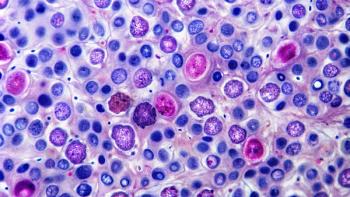
This CAR T-cell therapy has revolutionized the management of high-risk and relapsed or refractory disease.
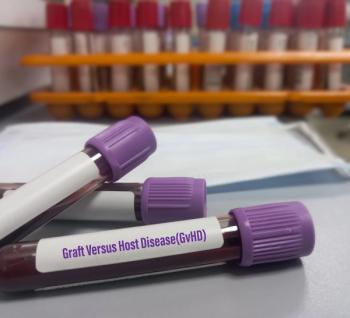
Pharmacists play a crucial role in medication management for these complex patients.
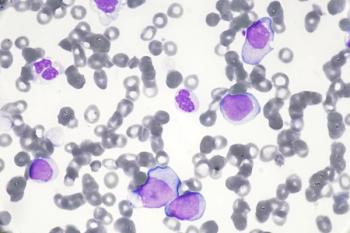
The drug solidifies its place as a first-line treatment option in AML.

BRAF V600E inhibitors show improved outcomes in relapsed/refractory hairy cell leukemia.

Axatilimab is a colony-stimulating factor-1 receptor–blocking monoclonal antibody indicated after 2 lines of systemic therapy.

Relapsed treatment has evolved with CAR T, bispecific antibodies, and immunotherapies.

Treatment selection includes patient factors, cost, adverse effects, and drug interactions.
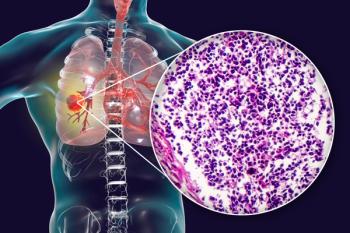
Peer Reviewed
Second-line and later treatment options for small cell lung cancer are limited.

Peer Reviewed
DLL3 is an emerging therapeutic target in small cell lung cancer and other neuroendocrine carcinomas, with 1 FDA-approved therapy and several others under investigation.

Peer Reviewed
Black women have higher rates of triple-negative breast cancer (TNBC) incidence and mortality than the general US population. Despite this, they are underrepresented in TNBC clinical trials.
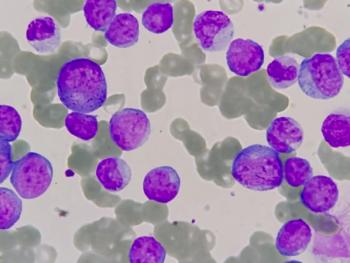
The approval marks a significant milestone in the treatment of a rare and aggressive subtype of acute leukemia.



Peer Reviewed
The tumor-agnostic FDA approval of T-DXd for HER2-positive unresectable or metastatic solid malignancies exemplifies the importance of understanding the risks associated with targeted therapy and the need for proactive monitoring strategies.